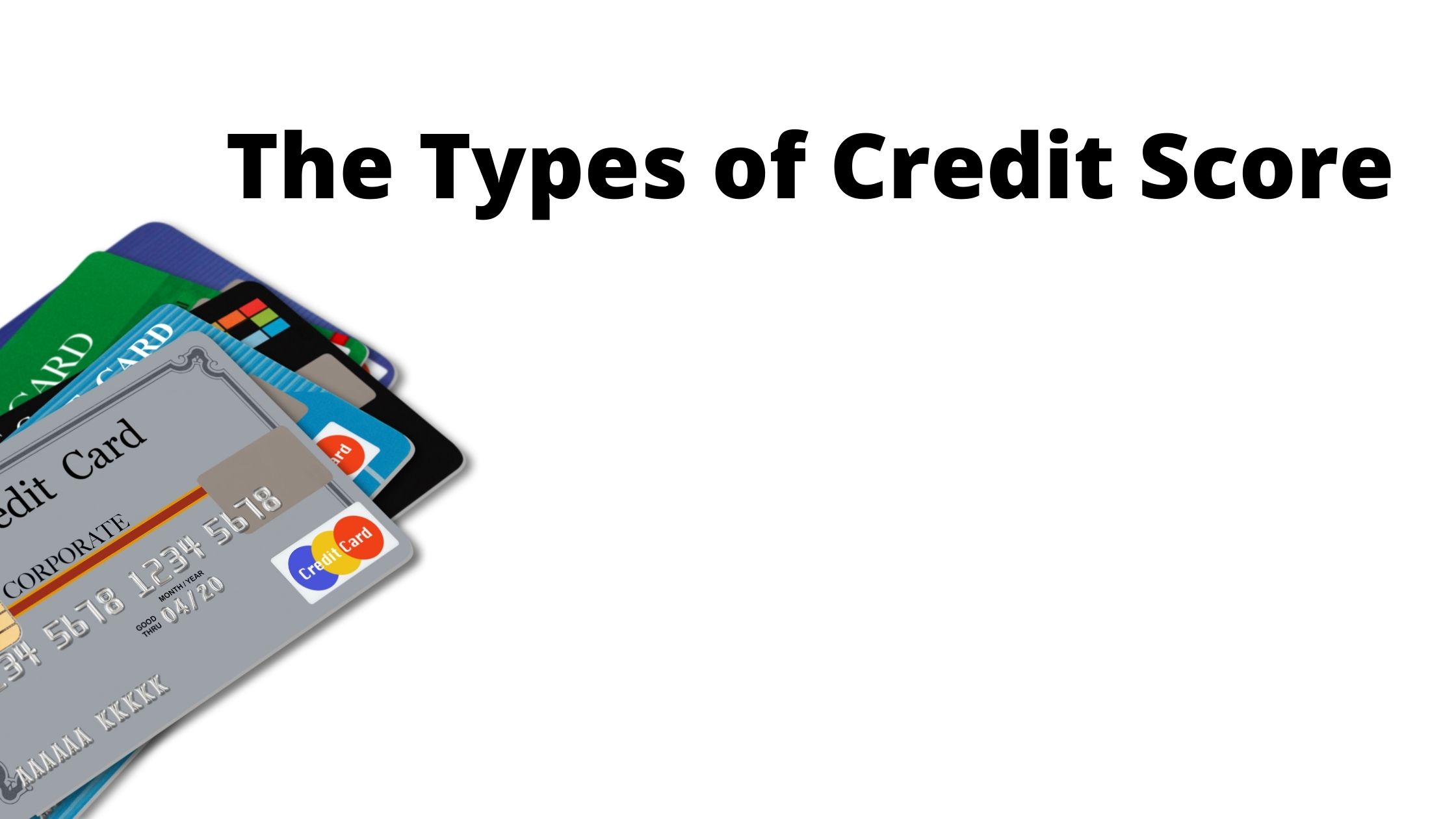It’s no secret that a high credit score can help you get approved for a loan or credit card, and it might even mean you’ll be offered a lower interest rate. But what exactly is a high credit score? And how can you make sure your credit score is as high as possible? In this article, we’ll discuss the different factors that go into calculating a credit score, and explain why your credit score matters when you apply for a cash advance.
The Purpose of a Credit Score
When you apply for a cash advance, your credit score is one of the factors lenders consider. A high credit score means you’re a low-risk borrower, which can help you get a better deal on your loan. Here’s what your credit score means and how it affects your borrowing options.
How Credit Scores Work
Your credit score is made up of three parts: the credit utilization rate, the history of debt payments, and the amount of available credit. Your credit utilization rate is the percentage of your available credit that you’re using. For example, if you have $5,000 in available credit and are using $1,000 of it each month, your credit utilization rate would be 100%.
The history of debt payments tells lenders how likely you are to pay back your debts. Your creditors will look at past debts, including those from several years ago, to decide how risky it is for them to lend money to you.
The amount of available credit is also important. This number tells lenders how much money you have available to borrow. If you have a low amount of available credit, lenders may charge higher interest rates on your loan.
The Types of Credit Score
Your credit score is an important factor in getting approved for a cash advance. Here are the four types of credit scores and what they mean:
1. Your FICO score is a credit score calculated by the three major credit bureaus. It ranges from 300 to 850 and is used primarily by lenders to decide whether to give you a loan.
2. Your VantageScore is a credit score that was developed by Experian and is used primarily by lenders to decide whether to give you a loan. It ranges from 501 to 990 and is based on factors such as your payment history, length of credit history, and current debt levels.
3. Your Equifax credit score ranges from 180 to 720 and reflects your overall creditworthiness. This score is used mainly by lenders when considering new loans or extending existing loans.
4. Your TransUnion credit score ranges from 100 to 850 and reflects your risk of defaulting on your debts. This score is used mainly by lenders when considering new loans or extending existing loans.
How to Improve Your Credit Score?
Your credit score is important when you apply for a cash advance. A high credit score means you’re a low-risk borrower, and that lenders are more likely to approve your loan. There are several things you can do to improve your credit score.
First, make sure you’re using your credit card responsibly. Don’t spend more than you can afford to pay back each month, and don’t use your card for unnecessary purchases. If you have multiple credit cards, use only one of them at a time to avoid building up debt.
Second, keep your loans in good standing. Pay off any outstanding balances on your loans as quickly as possible. If you have trouble paying back your debts, contact the lender right away and ask for help negotiating a payment plan or a lower interest rate.
Finally, keep an updated credit report on file. Each time you update your information with the three major credit reporting agencies (Equifax, Experian, and TransUnion), this will help your credit score improve. You can get your free annualcreditreport.com report every year by subscribing to Credit Karma’s free service.
The Factors That Affect Your Credit Score
If you’re thinking about taking out a cash advance from a payday loan or credit union, your credit score is important. Here are some of the factors that can affect your score:
-Your debt-to-income ratio: This measures how much debt you have relative to your income. If your debt exceeds 30% of your annual income, your credit score will be lowered.
-Your payment history: If you have delinquent payments or multiple late payments, this can damage your credit score.
-The amount of available credit: A high amount of available credit indicates that you can afford to repay loans in a timely manner.
-Your age and gender: Your age and gender can also affect your credit score. Men tend to score higher than women, and young adults typically have better scores than seniors.
The impact of a low credit score on your ability to get a cash advance
Credit scores are one factor that lenders consider when deciding whether to give you a cash advance. A low credit score can make it difficult for you to get approved for a loan, and may result in higher interest rates and a longer repayment period. In some cases, lenders may also refuse to approve your application altogether. If you need a cash advance but have a low credit score, there are steps you can take to improve your score.
To improve your credit score, first make sure you understand your credit history and credit utilization. Review your current debt levels and compare them to your available credit limits. Make sure you’re using all of your available credit responsibly and that you’re not spending more than you can afford each month. Also, keep track of your credit score updates over time so you can see how your score is changing based on your actions.
If you think your credit score may be low because of an accident or other event that happened in the past, speak to a financial advisor about upgrading or rebuilding your credit history. In some cases, repairing damage to your credit rating may be enough to get you approved for a loan with a higher limit.
If you need a cash advance but have
How to improve your credit score
When applying for a cash advance, knowing your credit score is important. Your credit score is a measure of your overall creditworthiness and affects the interest rate you are offered on a cash advance. According to TransUnion, a good credit score ranges from 700-850. A lower credit score means that you may pay more in interest and fees when borrowing money, which can lead to larger financial obligations down the road. Here are some steps you can take to improve your credit score:
1. Pay your bills on time. Missing or late payments can negatively impact your credit score.
2. Keep your credit utilization low. This means that you are using less of your available credits than you need to.
3. Pay off high-balance accounts first. Having high-balance accounts can also reduce your credit score because it shows that you may not be able to handle large expenses if necessary.
4. Avoid getting into debt in the first place. If you find yourself struggling to pay bills on time, consider talking to your lender about a consolidation loan or a payment plan. If debt isn’t an option, try to find ways to cut back on expenses so that you don’t need as much money from borrow

